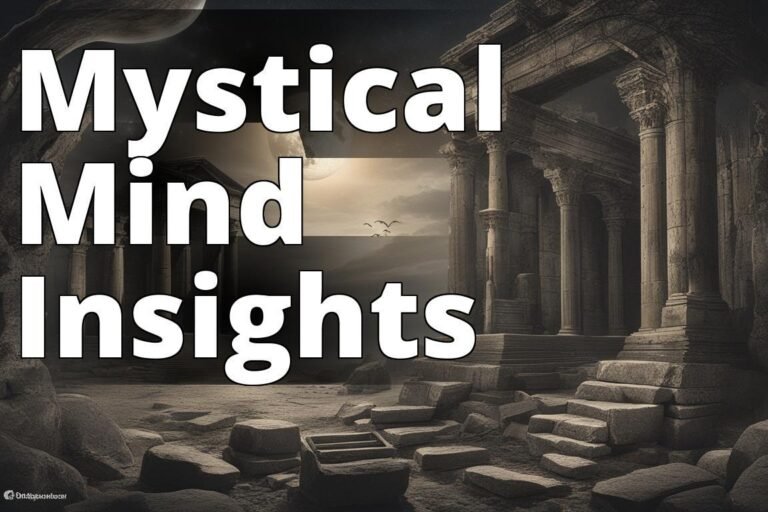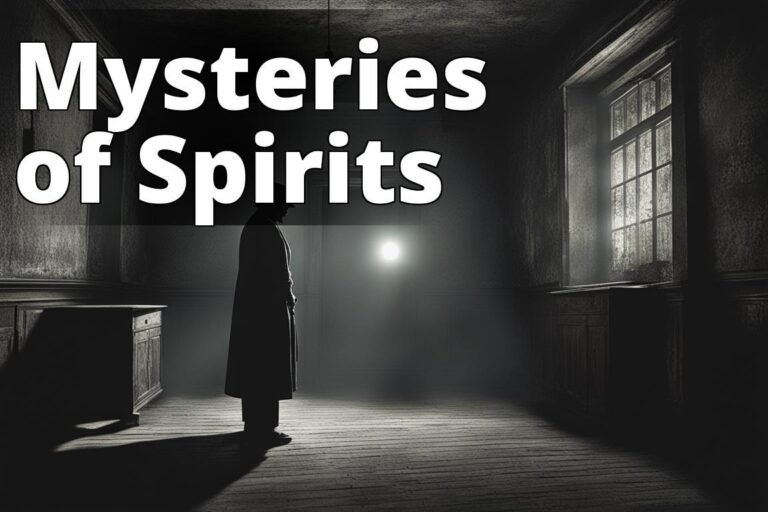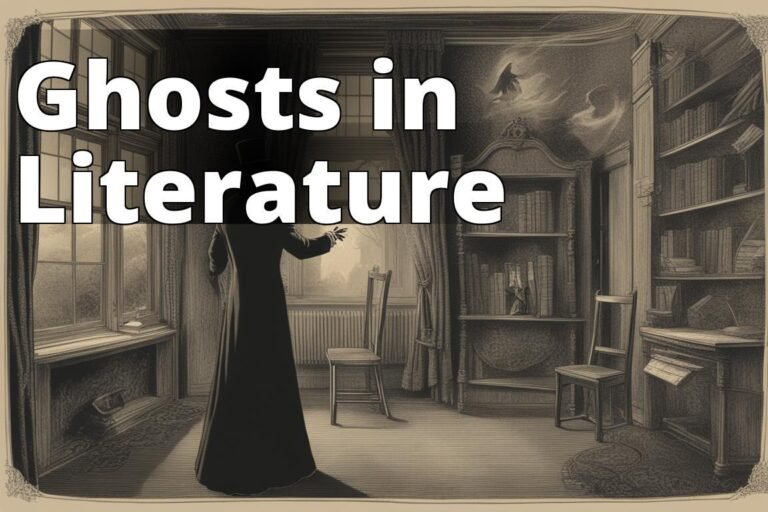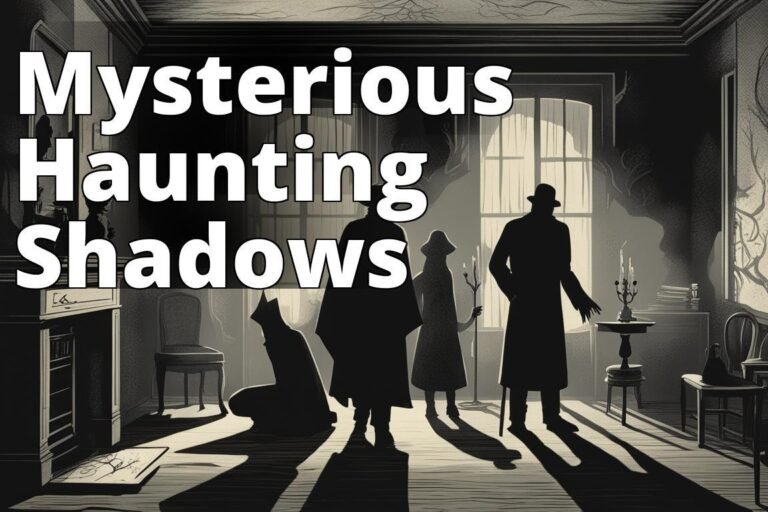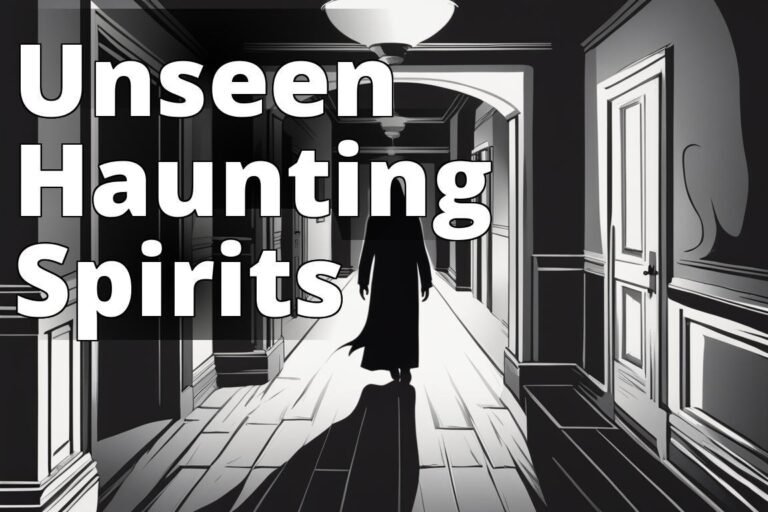What Are Ghosts? The Science of Ghosts and Hauntings
Have you ever found yourself pondering what ghosts represent? If whispered tales and eerie shadows have stoked your curiosity, you’re not alone. Ghosts, spirits, and the paranormal have fascinated humanity for centuries, weaving their way through folklore, horror stories, and, for some, personal experiences. In this exploration, we delve into the nature of ghosts and hauntings, shedding light on the different types of spectral entities and their unique characteristics. So, brace yourself as we embark on a journey into the unknown realms of the paranormal.
Learn about the representation of ghosts
- Ghosts represent spirits of the deceased
- Different types of ghosts symbolize various paranormal phenomena
- Understanding ghost nature helps in dealing with hauntings
What Are Ghosts? The Science of Ghosts and Hauntings
Ghosts, often defined as the spirits of the deceased, have been a subject of both fascination and fear throughout human history. The science behind ghosts and hauntings is a contentious topic, with believers citing personal experiences and skeptics pointing to lack of empirical evidence. However, the fascination with what lies beyond death remains undiminished.
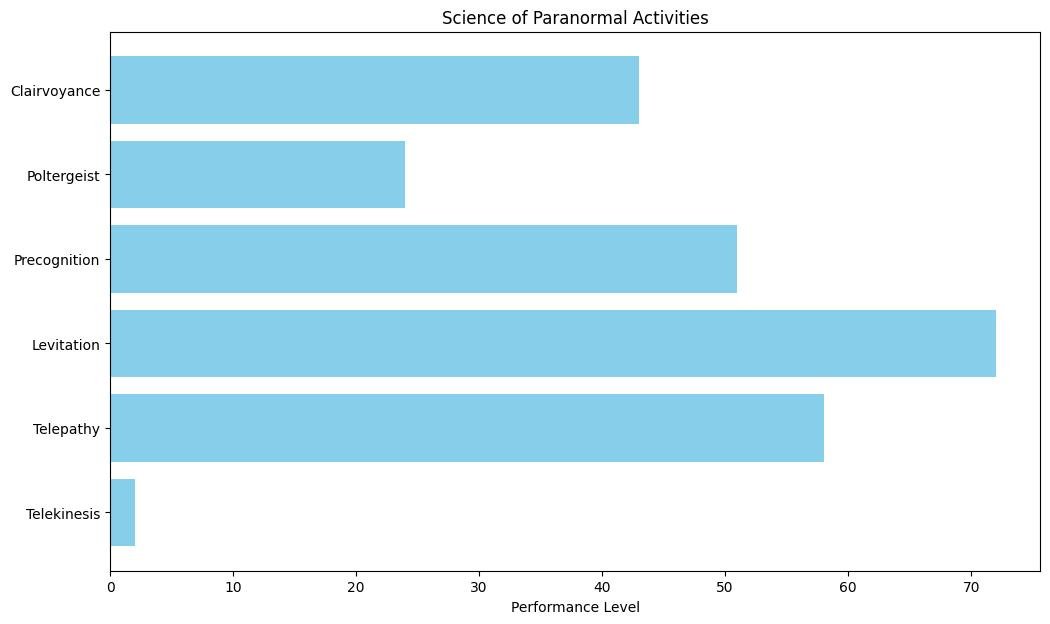
What Is a Ghost?
At its core, a ghost is thought to be the soul or spirit of a deceased person or animal that can appear, in some form, to the living. The interpretations of what ghosts represent vary widely, from unresolved issues of the dead, to mere reflections of the past imprinted on the environment. Personal encounters often describe them as ethereal presences, sometimes friendly, sometimes not.
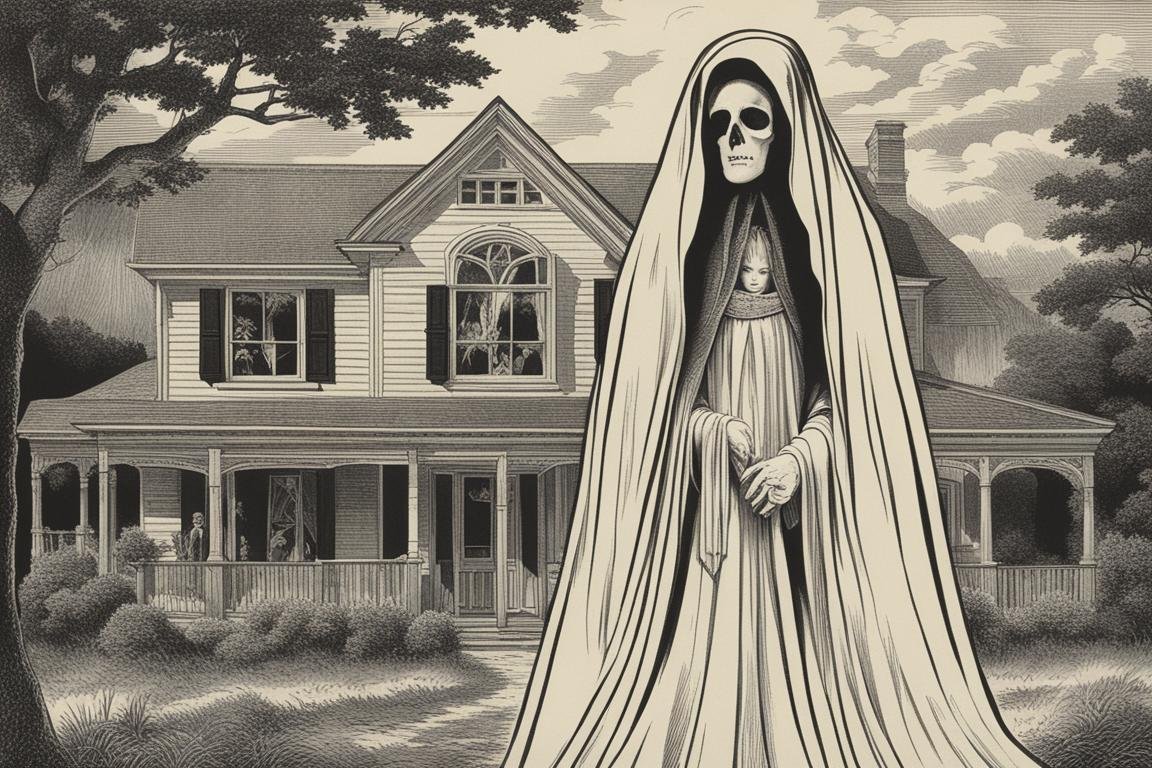
What Are the Different Types of Ghosts?
The paranormal realm is said to be inhabited by various kinds of ghosts, each with distinct traits and behaviors. Let’s explore some of the most commonly identified types:
What Is a Poltergeist?
Poltergeists, from the German for “noisy ghost,” are known for their ability to move or manipulate objects. Often associated with a particular individual, these entities are notorious for creating disturbances ranging from unsettling noises to physical harm.
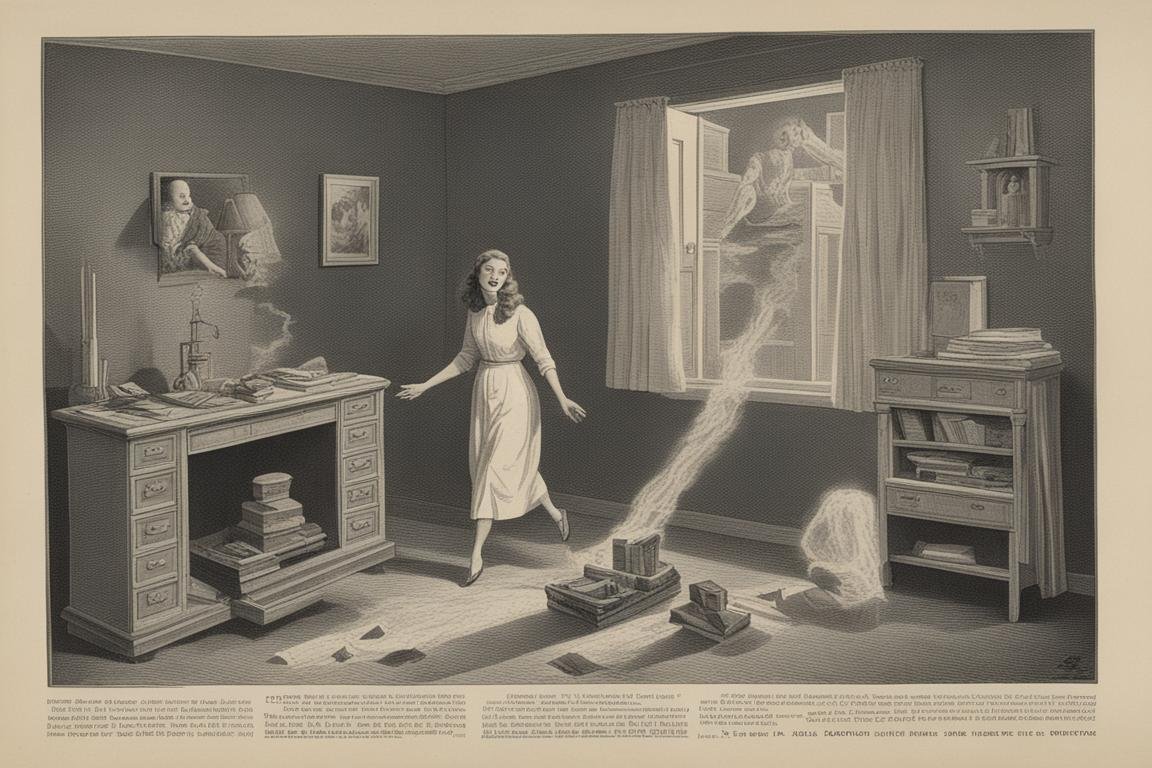
What Is a Residual Haunting?
Residual hauntings are like recordings of past events that replay, devoid of the conscious interaction typical of other hauntings. These ghosts are not aware of their surroundings or the living, often repeating the same actions or motions.
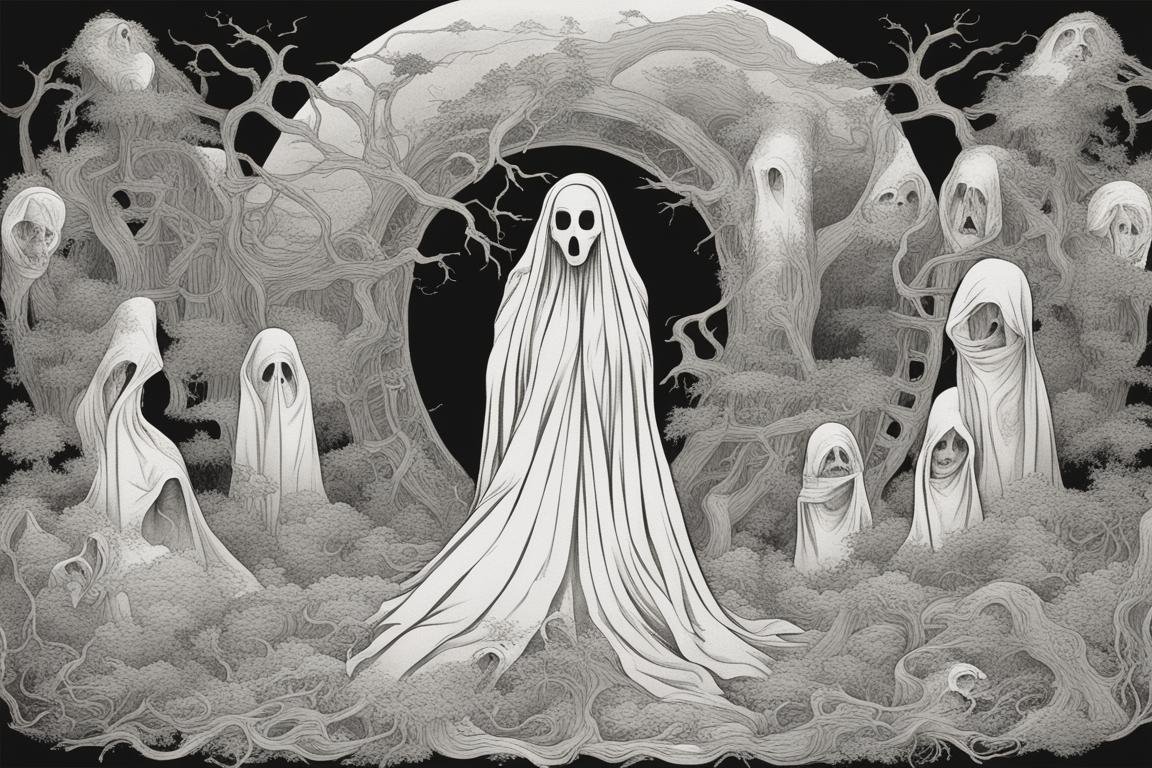
What Is an Intelligent Haunting?
Intelligent hauntings, in contrast to residual ones, involve spirits that seem to be aware of the living and can interact with them. These entities can communicate, show emotions, and sometimes even convey messages from beyond.
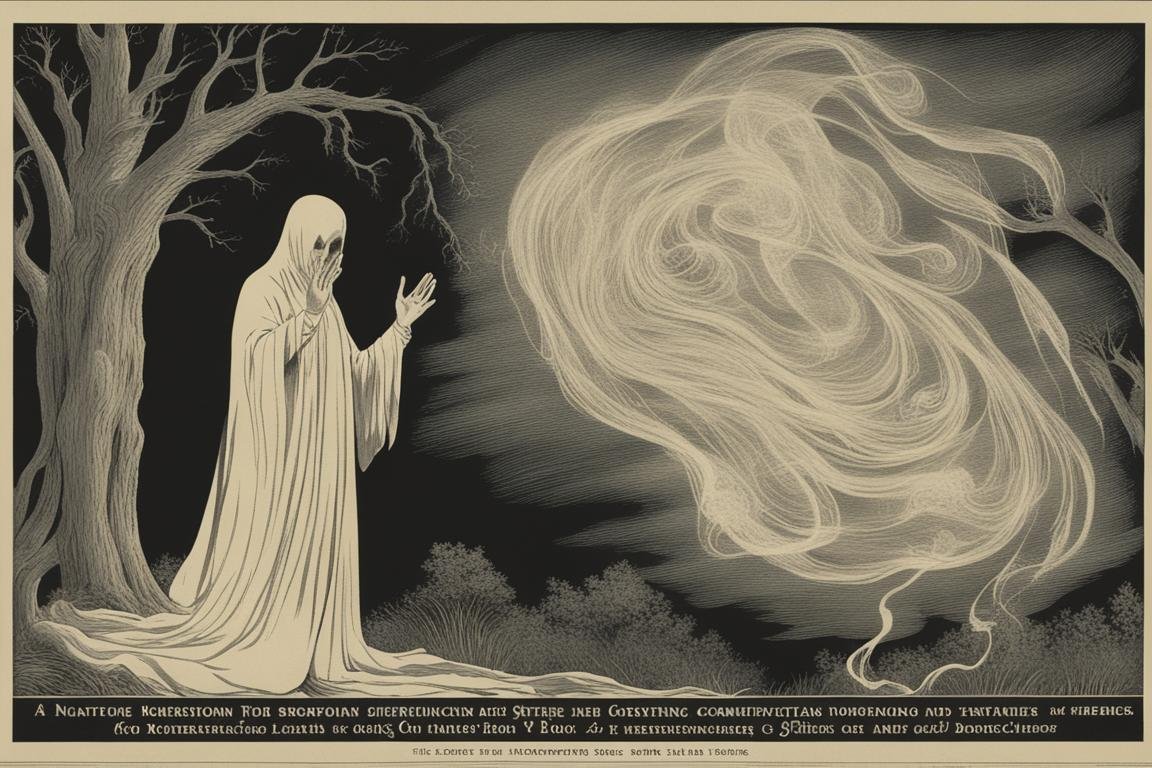
What Is an Apparition?
Apparitions are visual manifestations of ghosts, often appearing as they did in life. These visions can be full-bodied and detailed, or misty and indistinct, sometimes only partially forming before vanishing.
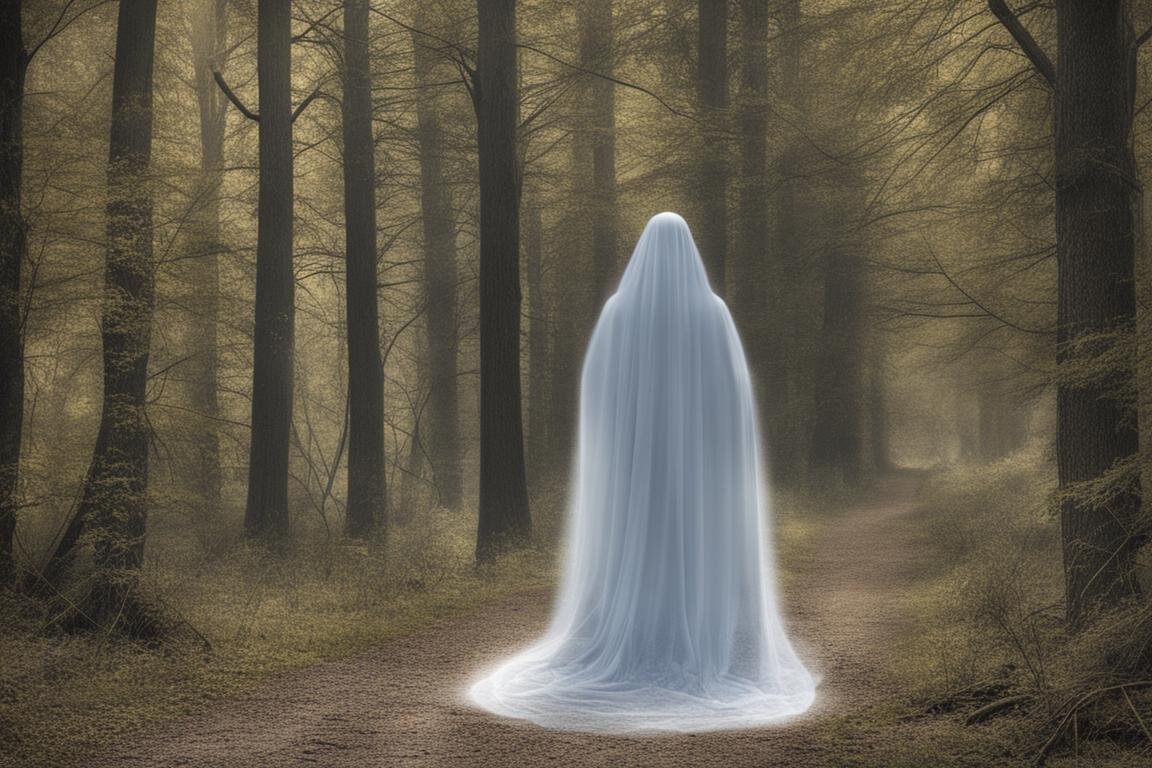
What Is a Shadow Person?
Shadow people are mysterious sightings, typically seen out of the corner of the eye. These entities appear as dark, shadowy figures and are often associated with a feeling of dread. Their motives and nature remain a topic of speculation.
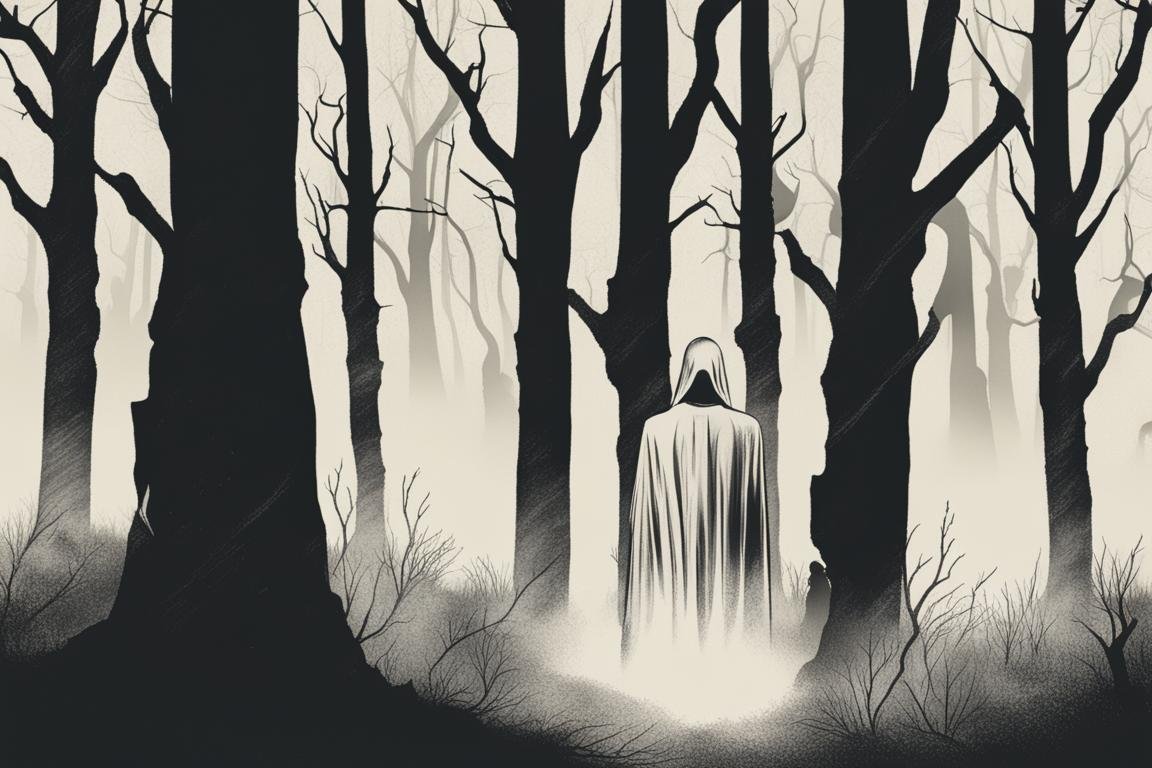
What Is a Demon?
Demons, traditionally viewed through the lens of religious belief, are malevolent spirits believed to be fallen angels or ancient gods. Their interactions with humans are considered dangerous, often involving possession or oppression.
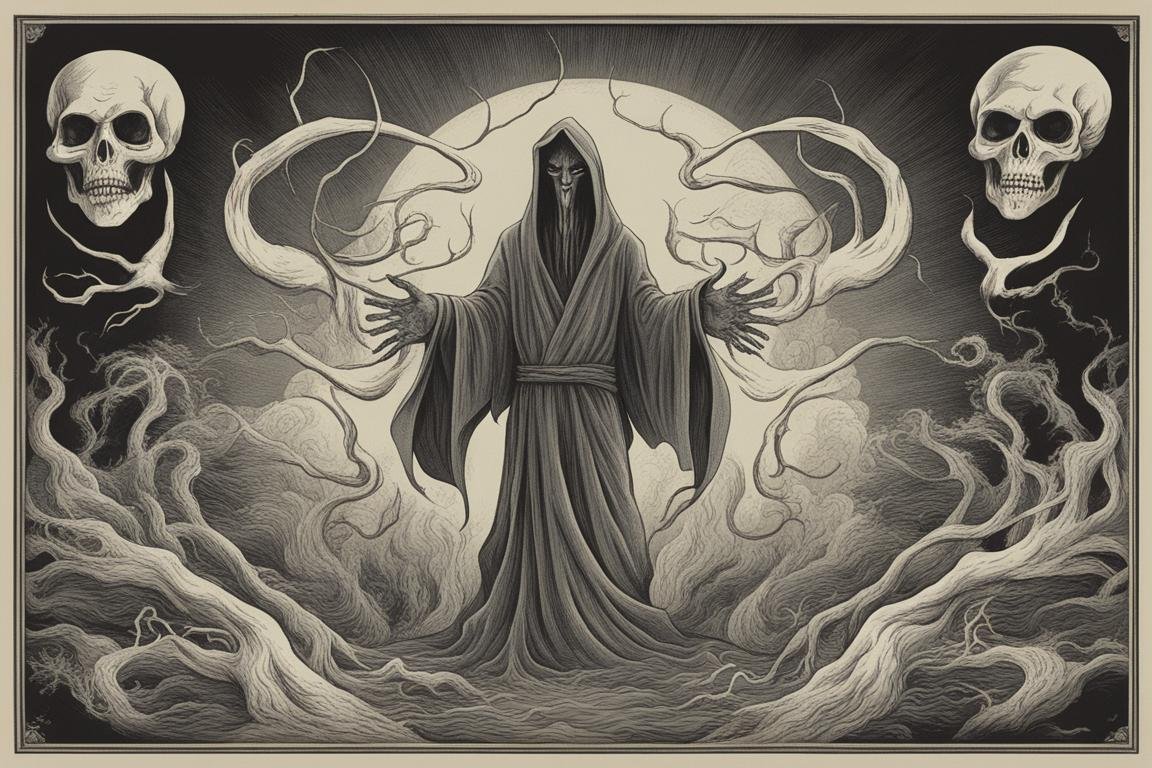
What Are the Signs of a Haunting?
Recognizing a haunting involves identifying certain anomalies that defy logical explanation. These can include unexplained noises, objects moving on their own, sudden changes in temperature, or the feeling of being watched. Each type of ghost may leave different signs, making it a fascinating, if unnerving, puzzle to solve.
How Do Ghosts Communicate?
Ghosts are said to communicate in various ways, from EVP (Electronic Voice Phenomena) recordings to manifesting physically or through dreams. Understanding these methods can be key to deciphering what the spirits are attempting to convey.
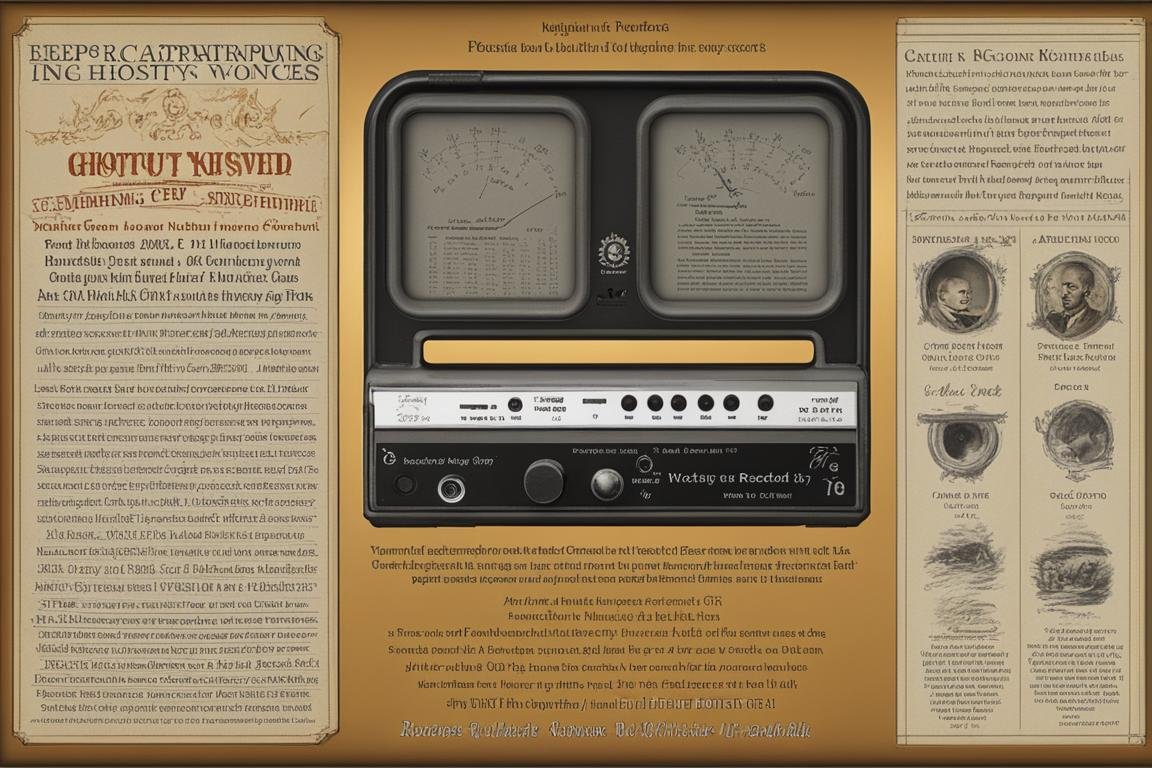
Can Ghosts Hurt You?
While most ghostly encounters are harmless, experiences with malevolent entities like poltergeists or demons can be frightening or even dangerous. The extent of harm varies, with some reports of physical injury, though these are less common.
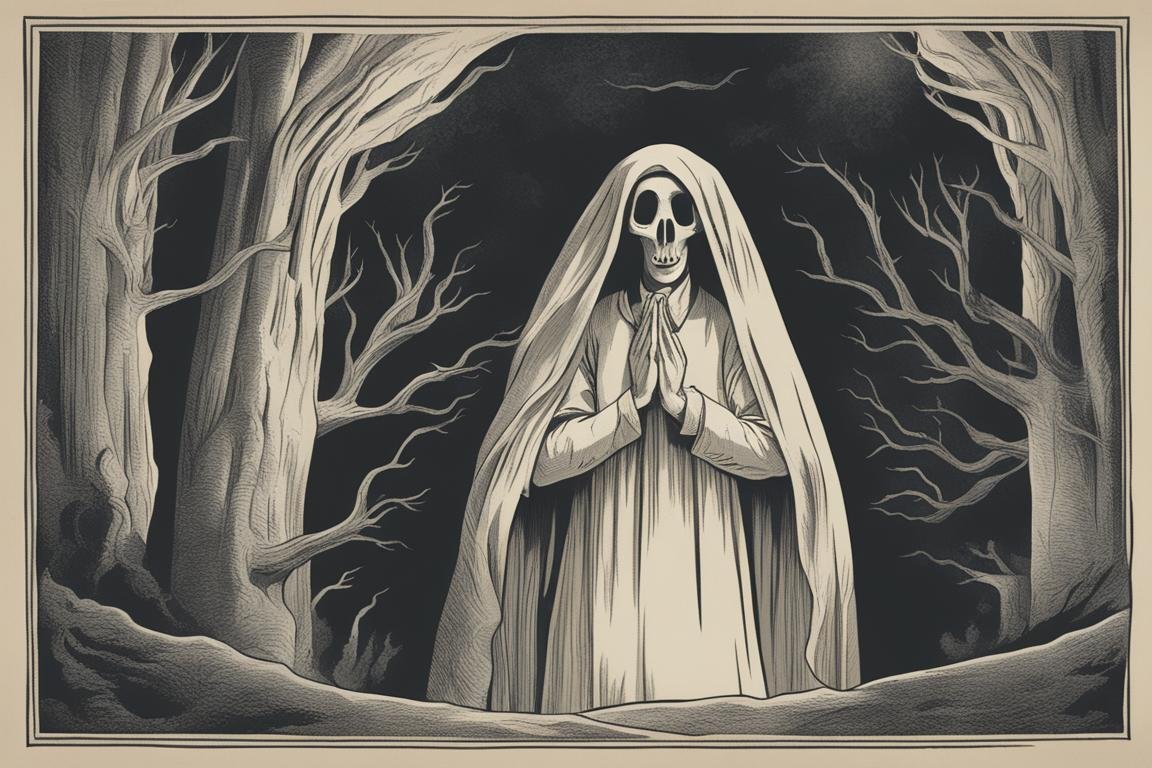
Can You Get Rid of a Ghost?
Banishing a ghost, particularly an unwelcome one, often involves a combination of spiritual cleansing methods, from sage smudging to enlisting the help of a medium or religious figure. The effectiveness of these methods is as varied as the entities they aim to appease.
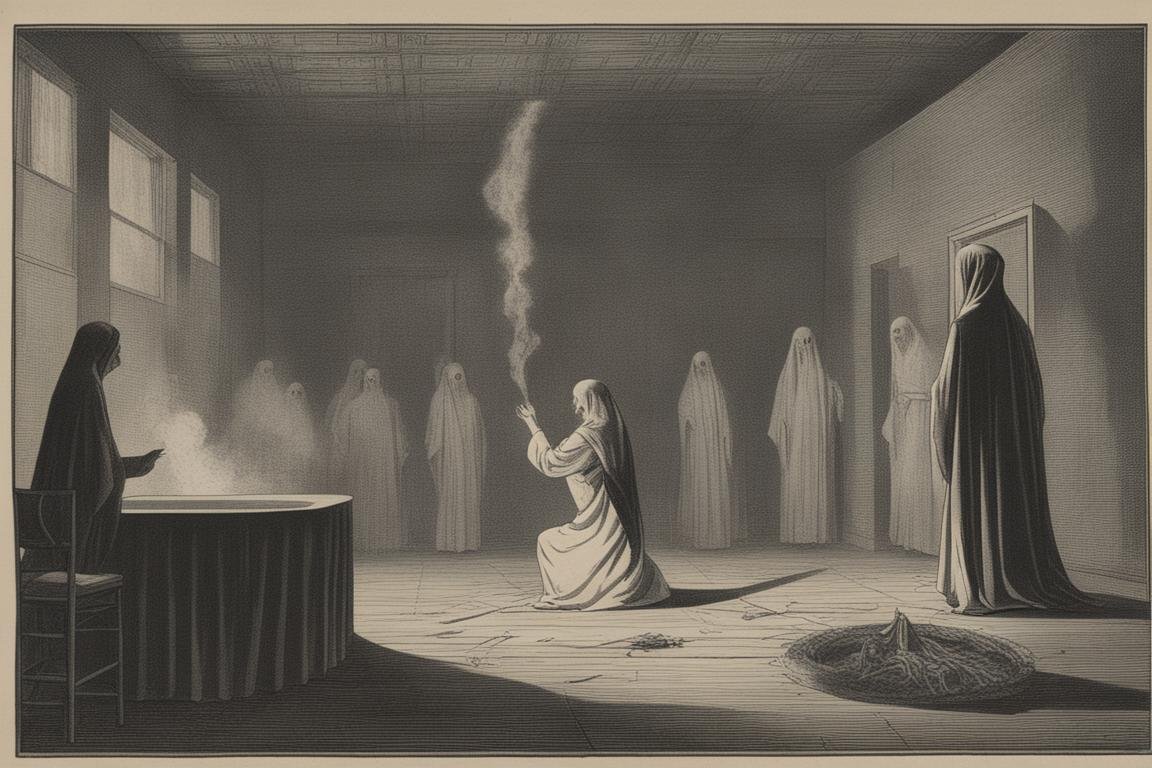
How Do You Know If Your House Is Haunted?
Identifying a haunted house involves recognizing the signs of a haunting specific to your environment. Unexplained phenomena, a history of tragic events, or simply a persistent eerie feeling can all be indicators.
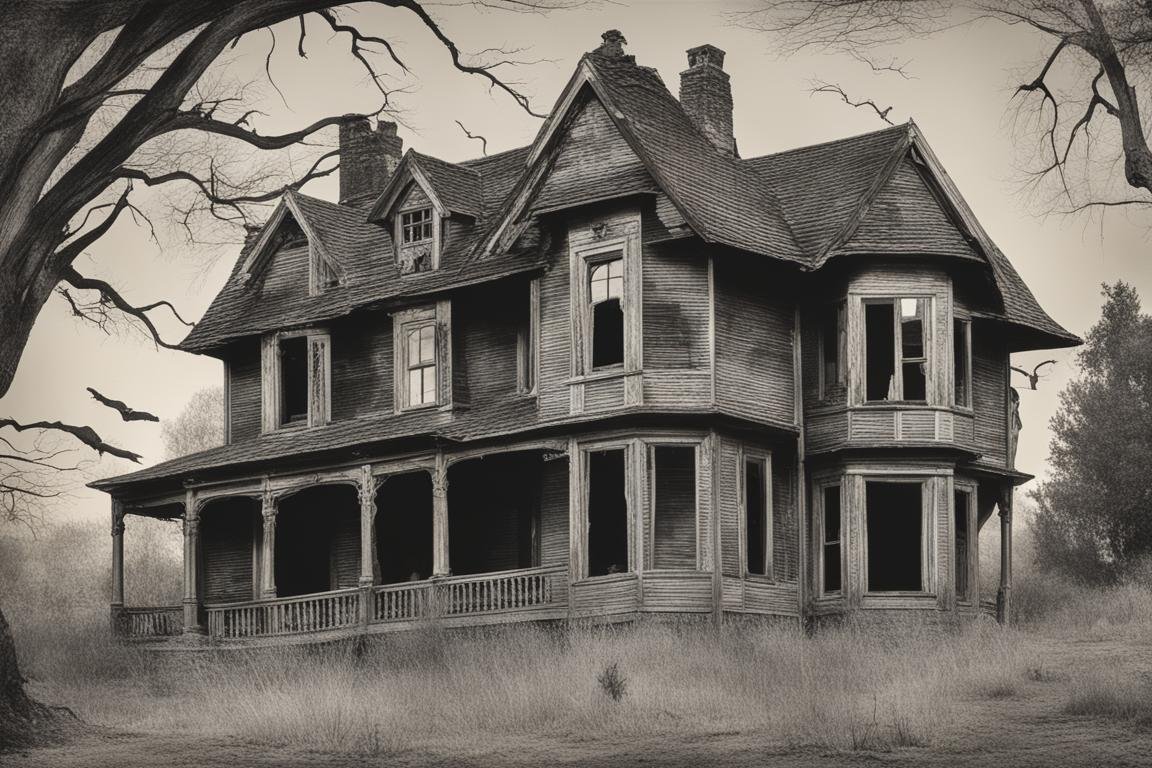
How Do You Get Rid of a Ghost in Your House?
Getting rid of a ghost involves understanding what it wants and addressing any unresolved issues. Sometimes, simple communication can resolve a haunting, while other situations may require more drastic measures.
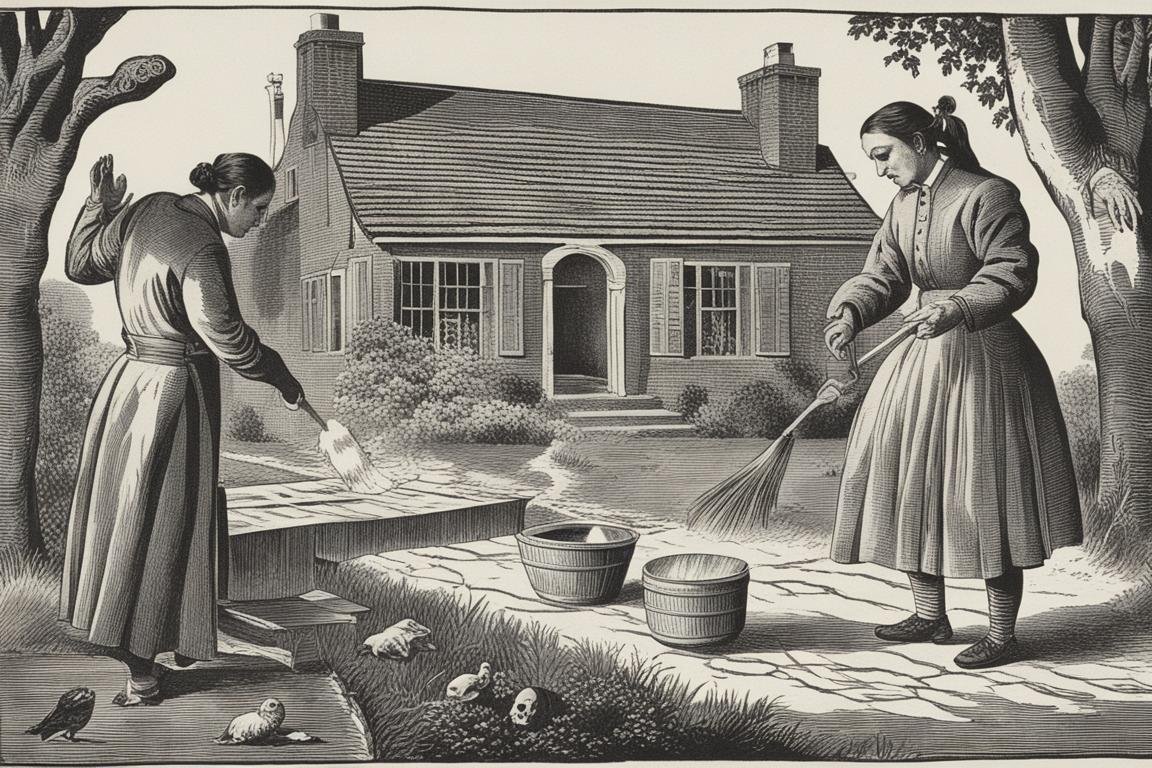
In conclusion, the realm of ghosts and spirits is as diverse as it is mysterious. From the playful disturbances of a poltergeist to the chilling presence of a shadow person, each entity has its traits and methods of communication. Understanding these can provide not only insights into the paranormal but also a deeper appreciation for the mysteries that lie beyond our mortal understanding. Whether you’re a skeptic or a believer, the stories of hauntings and the types of ghosts that roam our world offer a fascinating glimpse into the unexplained corners of existence.
Answers To Common Questions
Who or what do ghosts represent in folklore and culture?
Ghosts often represent the spirits of the deceased in various cultures.
What is the significance of ghosts in different belief systems?
Ghosts can symbolize unfinished business or a connection to the afterlife.
How do ghosts impact the living in different societies?
Ghosts can influence beliefs, rituals, and even societal norms.
What if someone does not believe in the existence of ghosts?
It’s okay to have differing beliefs; cultural interpretations vary.
How are ghosts perceived in diverse cultural contexts?
Ghosts may be seen as omens, ancestors, or restless spirits.
What do ghosts teach us about the human experience?
Ghost stories can offer insights into mortality and the unknown.


